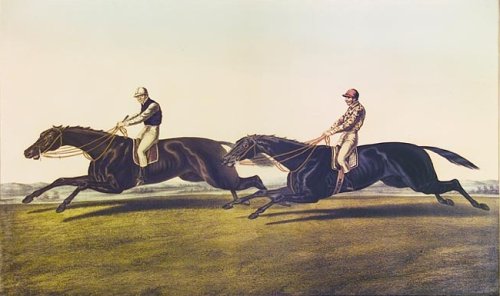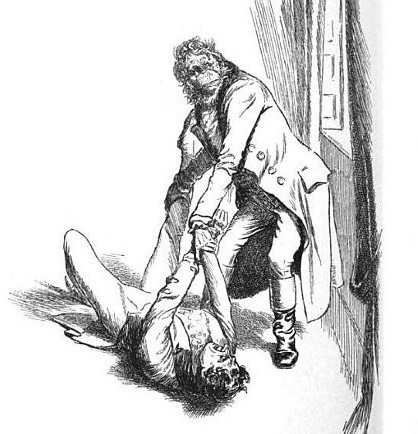In 1960, Cambridge graduate Ron Hall announced a discovery he called Hall’s Law: “For any sufficiently large group of people the average number of initials possessed by members of that group is a direct measure of the predominant social class of the group.”
Hall’s computer analysis of the English aristocracy found that dukes averaged four names apiece, marquesses 3.96, earls 3.92, barons 3.53, baronets 3.49, viscounts 3.41, and knights 3.06. As modern examples he named John Selwyn Brooke Lloyd and Hugh Todd Naylor Gaitskell; those from the past included Admiral the Honorable Reginald Aylmer Ranfurly Plunket-Ernle-Erle-Drax, a commodore of convoys during World War II, and Major Tollemache-Tollemache de Orellana Plantagenet Tollemache-Tollemache, who was killed in World War I.
From across the sea, an American newspaper observed, “It would be interesting to know what the worthy major’s parents called him in his boyhood years.”








